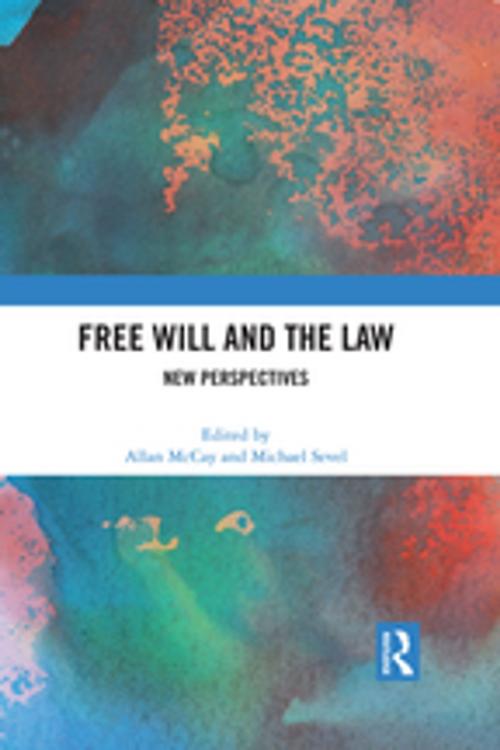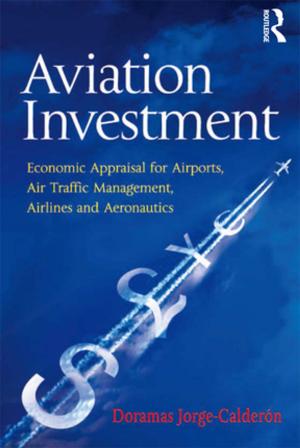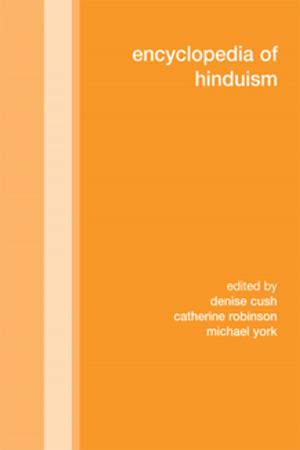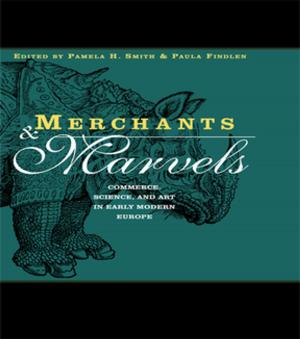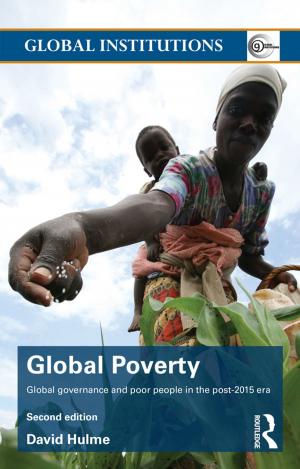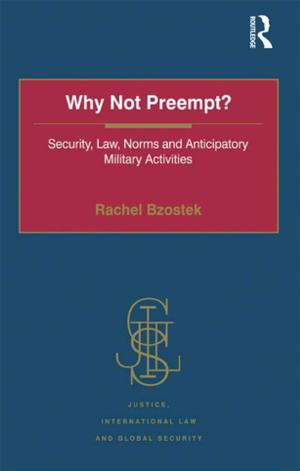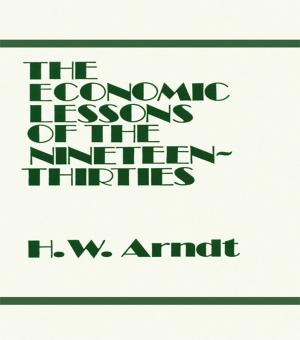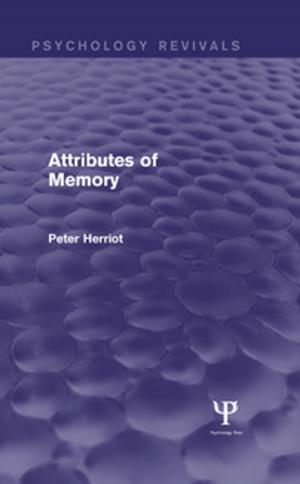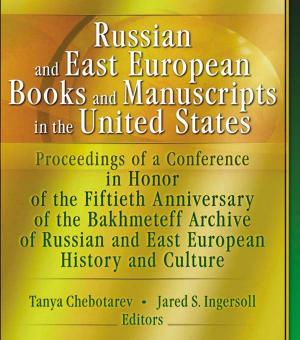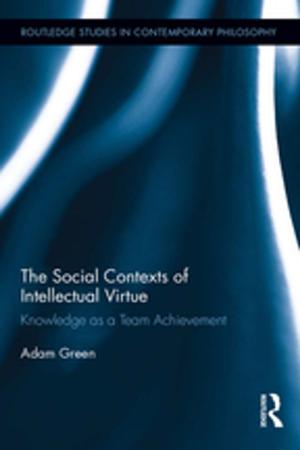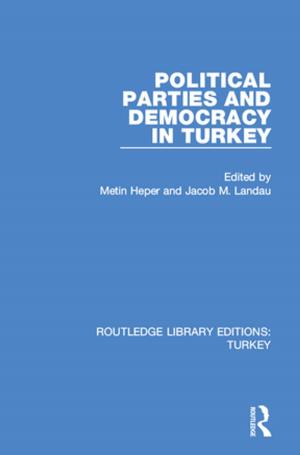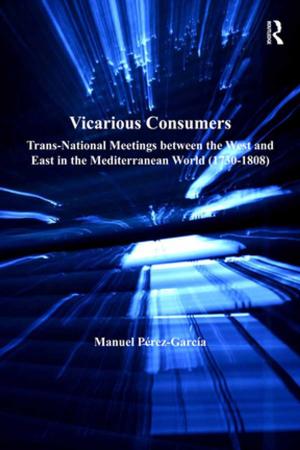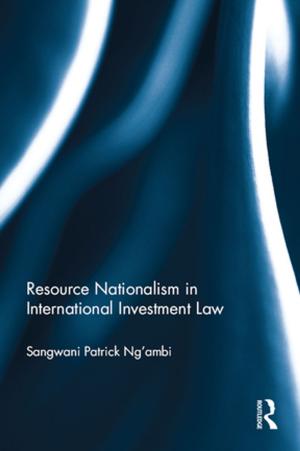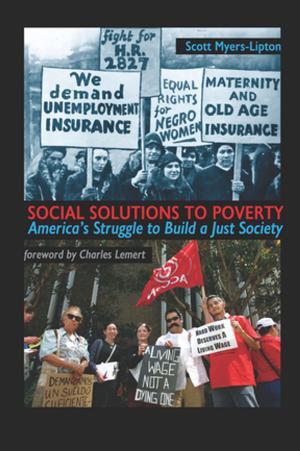| Author: | ISBN: | 9781317132967 | |
| Publisher: | Taylor and Francis | Publication: | February 21, 2019 |
| Imprint: | Routledge | Language: | English |
| Author: | |
| ISBN: | 9781317132967 |
| Publisher: | Taylor and Francis |
| Publication: | February 21, 2019 |
| Imprint: | Routledge |
| Language: | English |
This volume brings together many of the world’s leading theorists of free will and philosophers of law to critically discuss the ground-breaking contribution of David Hodgson’s libertarianism and its application to philosophy of law.
The book begins with a comprehensive introduction, providing an overview of the intersection of theories of free will and philosophy of law over the last fifty years. The eleven chapters collected together divide into two groups: the first five address libertarianism within the free will debate, with particular attention to Hodgson’s theory, and in Part II, six contributors discuss Hodgson’s libertarianism in relation to issues not often pursued by free will scholars, such as mitigation of punishment, the responsibility of judges, the nature of judicial reasoning and the criminal law process more generally. Thus the volume’s importance lies not only in examining Hodgson’s distinctive libertarian theory from within the free will literature, but also in considering new directions for research in applying that theory to enduring questions about legal responsibility and punishment.
This volume brings together many of the world’s leading theorists of free will and philosophers of law to critically discuss the ground-breaking contribution of David Hodgson’s libertarianism and its application to philosophy of law.
The book begins with a comprehensive introduction, providing an overview of the intersection of theories of free will and philosophy of law over the last fifty years. The eleven chapters collected together divide into two groups: the first five address libertarianism within the free will debate, with particular attention to Hodgson’s theory, and in Part II, six contributors discuss Hodgson’s libertarianism in relation to issues not often pursued by free will scholars, such as mitigation of punishment, the responsibility of judges, the nature of judicial reasoning and the criminal law process more generally. Thus the volume’s importance lies not only in examining Hodgson’s distinctive libertarian theory from within the free will literature, but also in considering new directions for research in applying that theory to enduring questions about legal responsibility and punishment.
